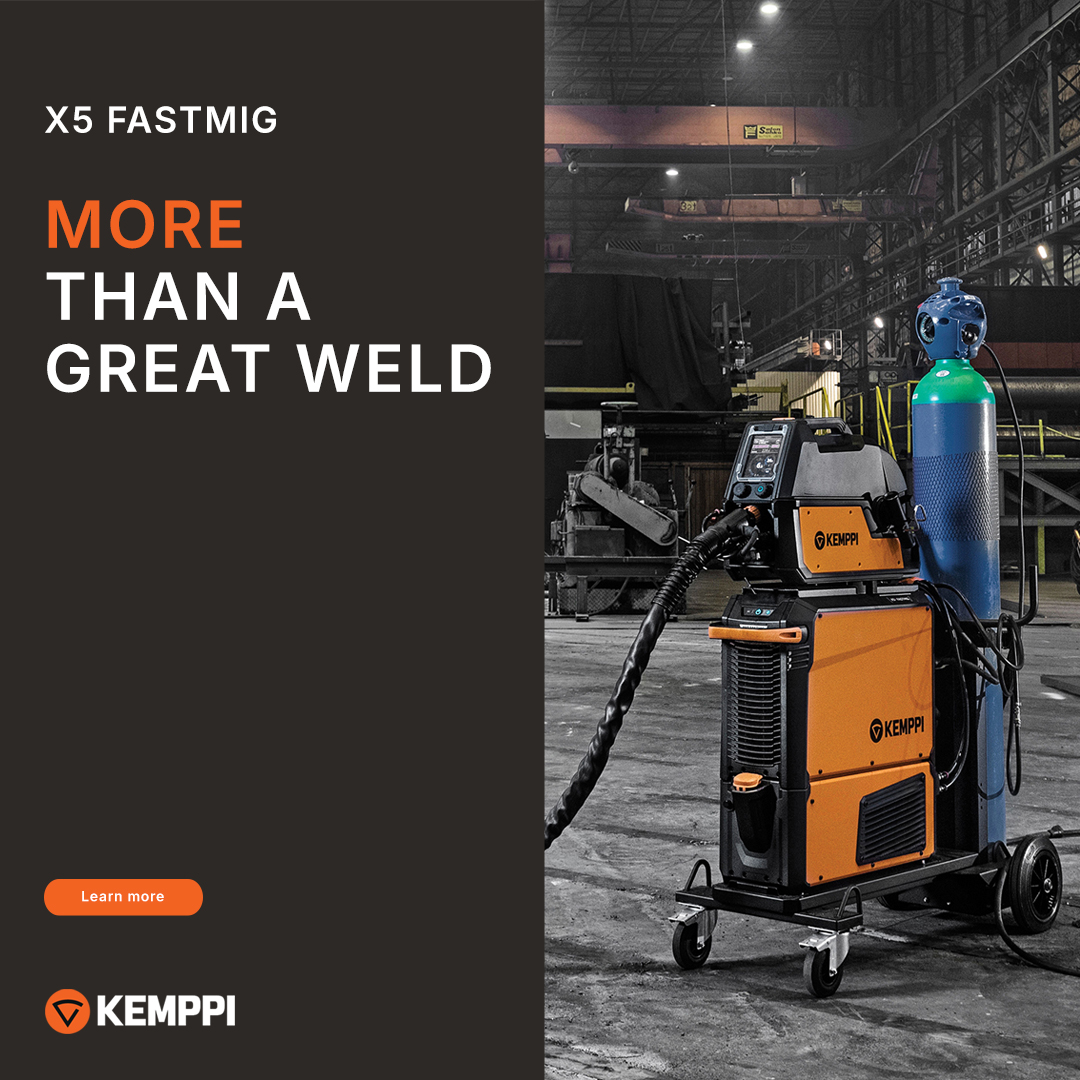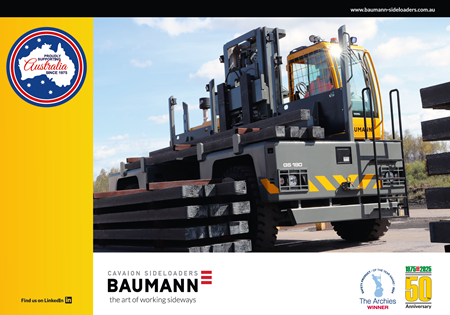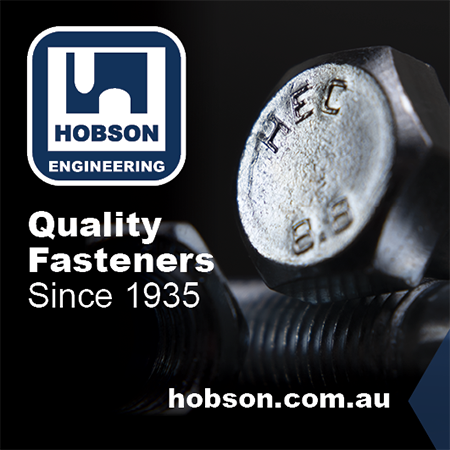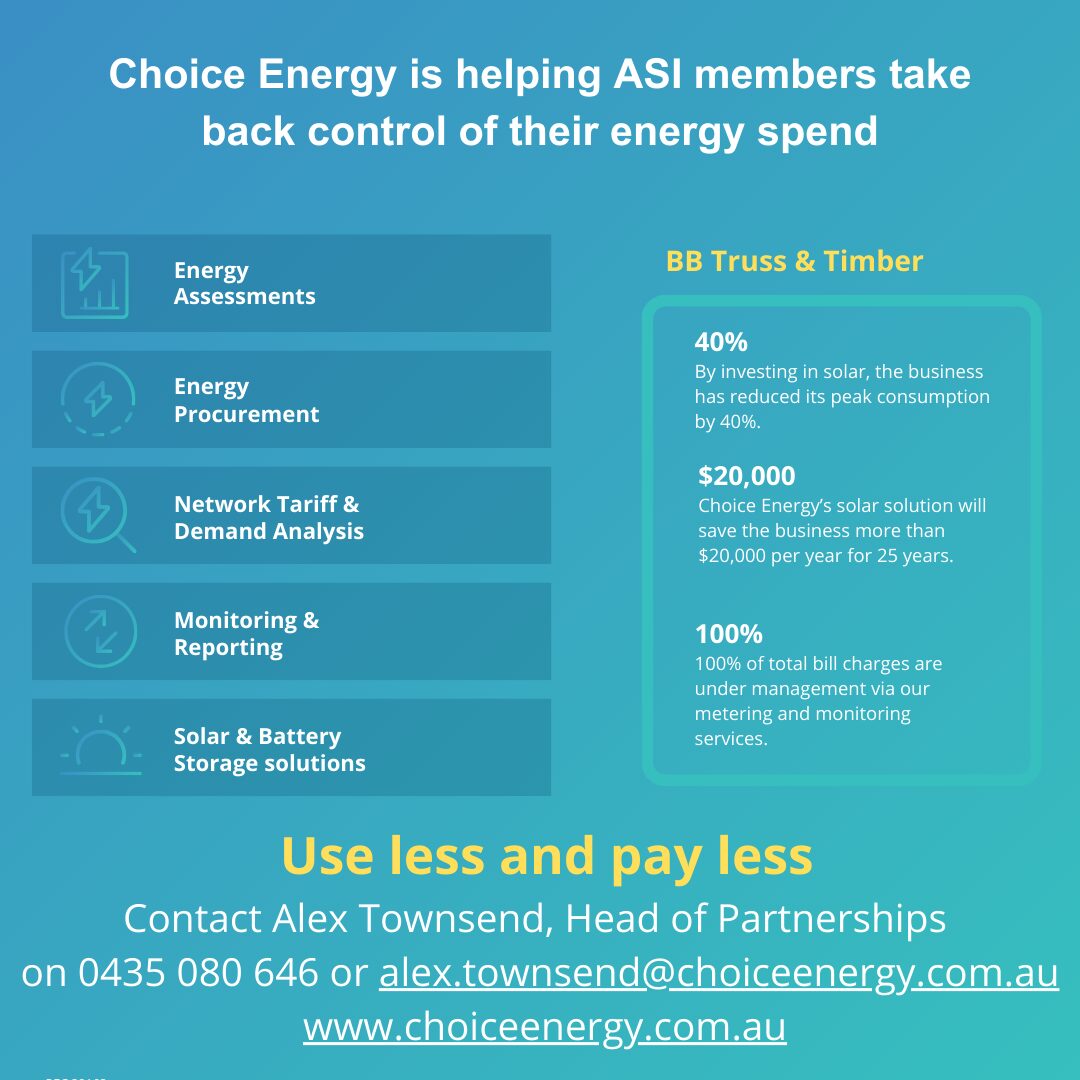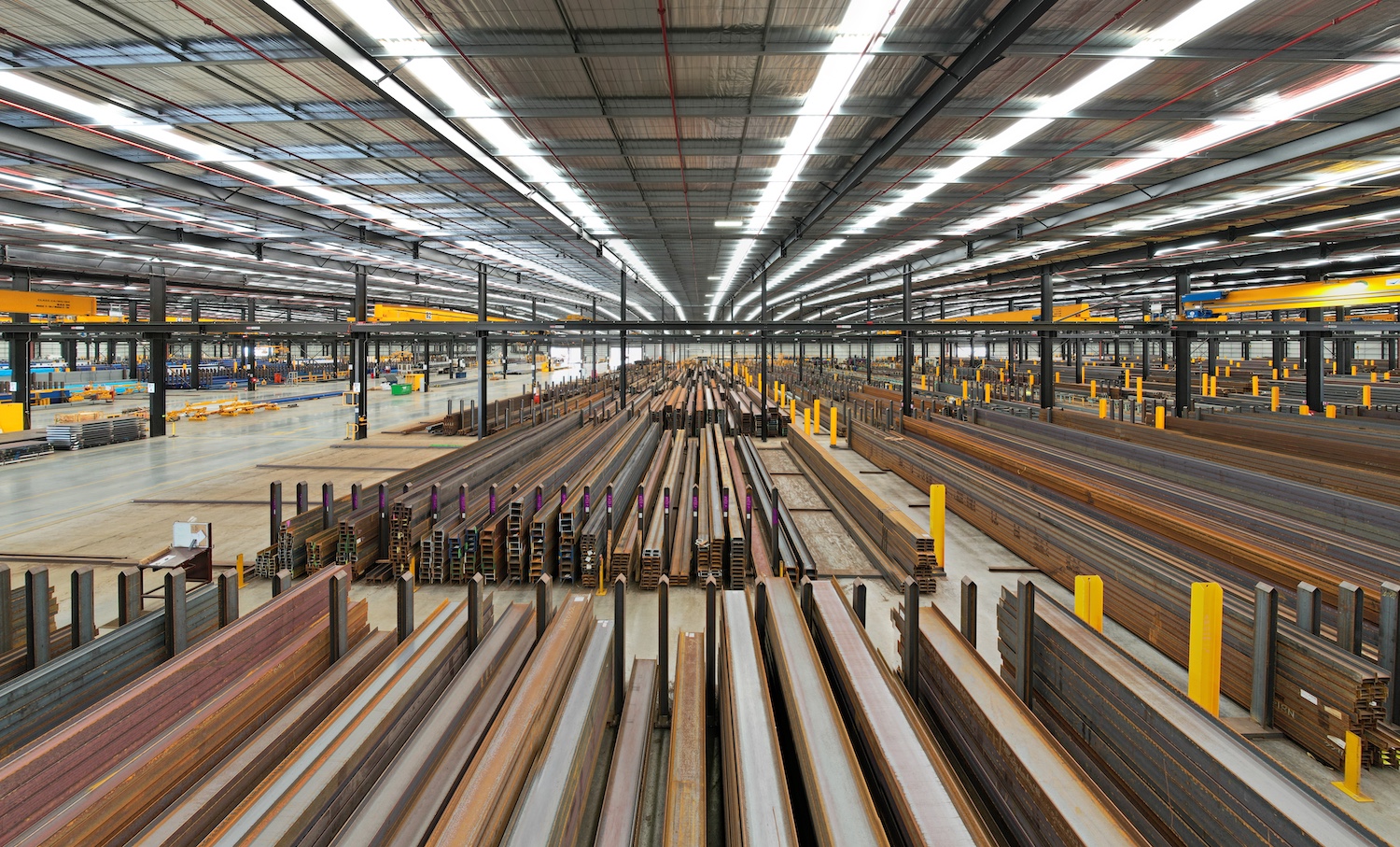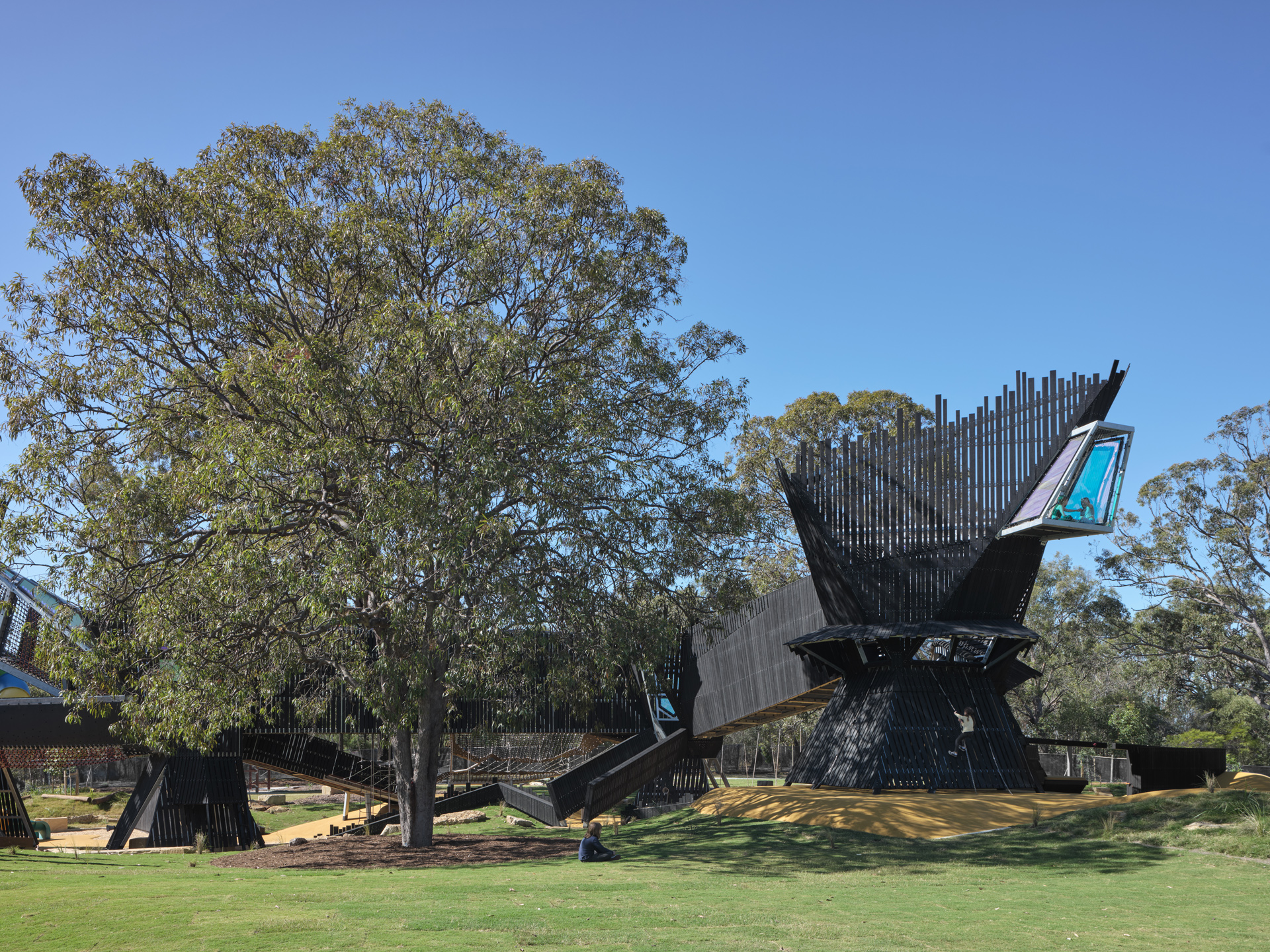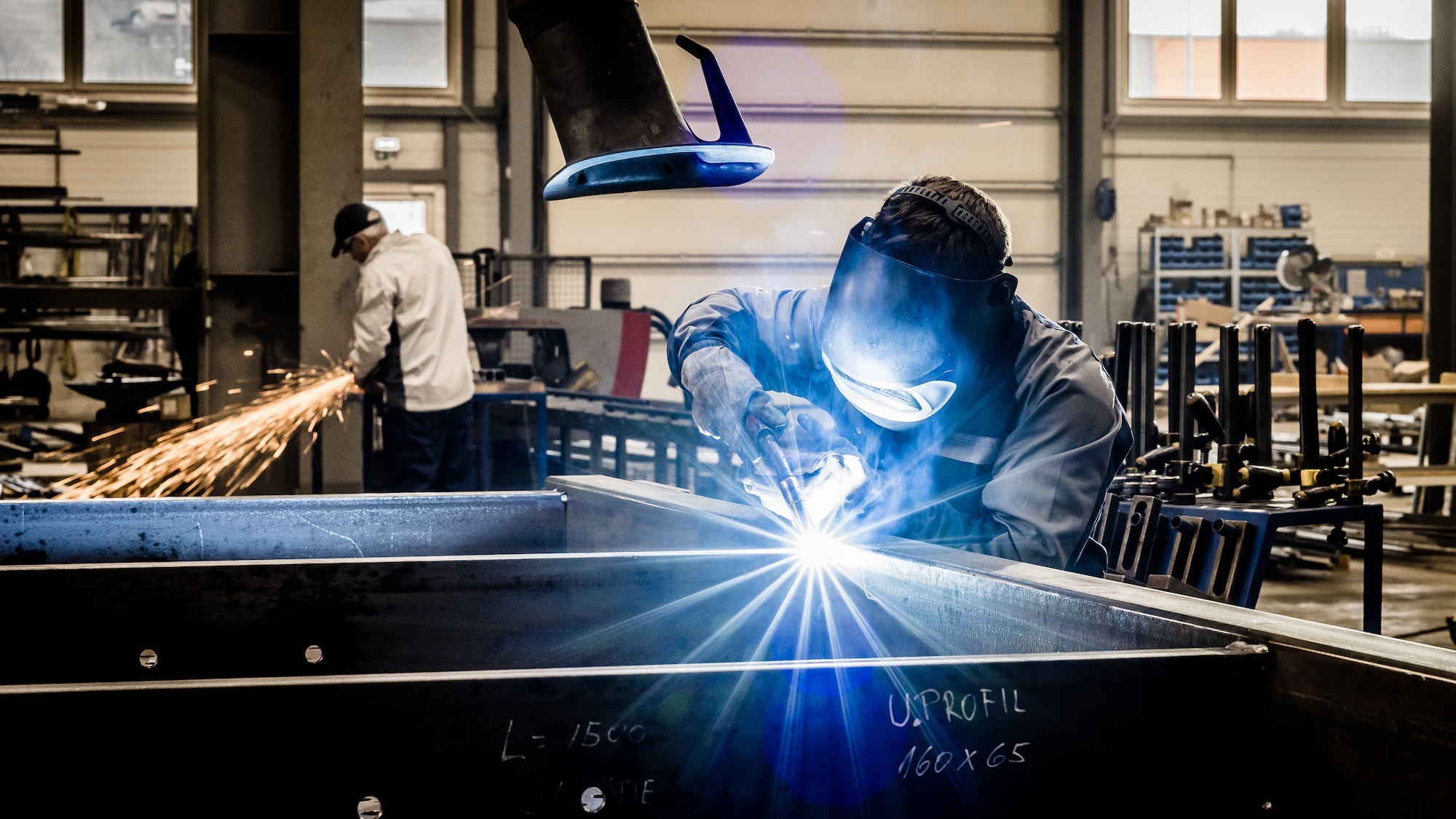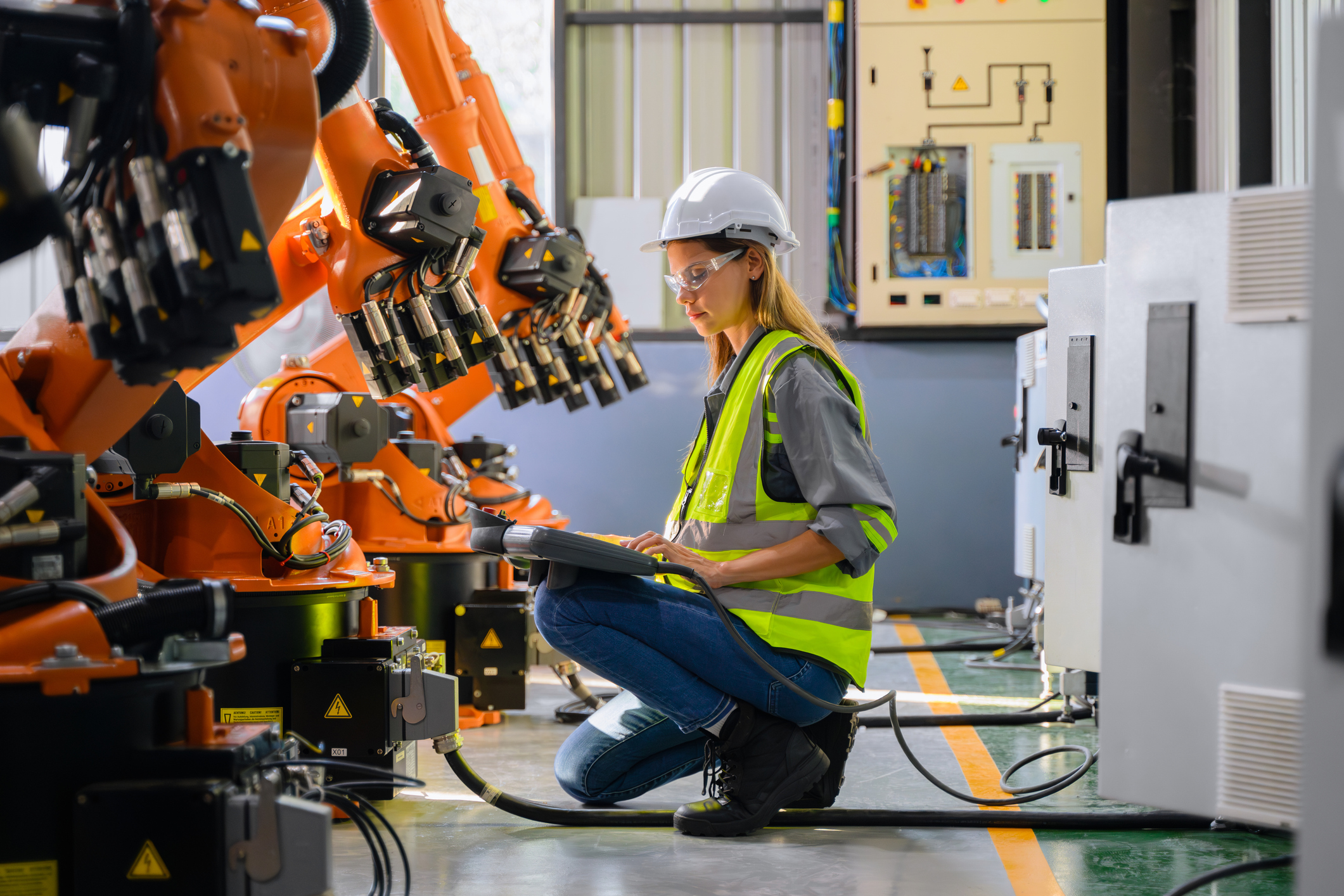As Australia accelerates toward a renewable energy future, the demand for reliable, local manufacturing partners has never been greater. Meeting this challenge head-on are Allthreads and Precision Oxycut, two companies quietly becoming essential cogs in the machinery of the country’s wind and solar energy boom.
Under the same parent company, Allthreads and Precision Oxycut have carved out a niche as critical suppliers to the growing renewables sector. Their specialty? High-performance anchor cages and hold-down bolts: the backbone components that literally hold wind turbines in place against the forces of nature.
“Our anchor cages are at the core of turbine stability,” said Simon Preston, group general manager. “Each one consists of 224 bolts, between 3.5 to 4 metres long, weighing around 50 kilograms each. These bolts sit inside two steel rings, or ‘donuts’, six metres in diameter — the same as the turbine base. It’s about 20 tonnes of Australian-made, fabricated steel.”
Once assembled, these cages are encased in around 70 to 80 tonnes of reinforced concrete and 1,000 to 2,000 tonnes of poured concrete in a dome shape, creating what’s known as a gravity anchor. With 2,000 to 3,000 tonnes of earth heaped on top, it’s a feat of engineering designed to hold fast against the immense loads and stresses of rotating turbine blades, often soaring hundreds of metres above the ground.
“People focus on the towers and blades, but without solid foundations, none of it works,” said Preston. “Our bolts and plates are critical to the structural integrity of the entire system.”

Local strength, global competition
Allthreads produces the bolts, while Precision Oxycut (which sources exclusively from BlueScope) fabricates the heavy steel plates. This local supply chain is not only about quality, but about maintaining sovereign capability in a sector often dominated by low-cost imports.
“In China, manufacturers can be producing for thousands of turbines at a time. They have economies of scale we simply don’t,” Preston explained. “Each Australian project is bespoke, and yet we’re able to compete by being nimble, innovative, and by offering higher quality.”
One example of this innovation is a grout pocket forming ring designed in-house. “Previously, grout pockets used expensive foam ingots that would be thrown away after a single use. We invented a reusable steel ring that acts as both a forming mold and a setting template, cutting anchor assembly time from two days down to 90 minutes. It’s a huge improvement, not just in cost but in efficiency and sustainability.”
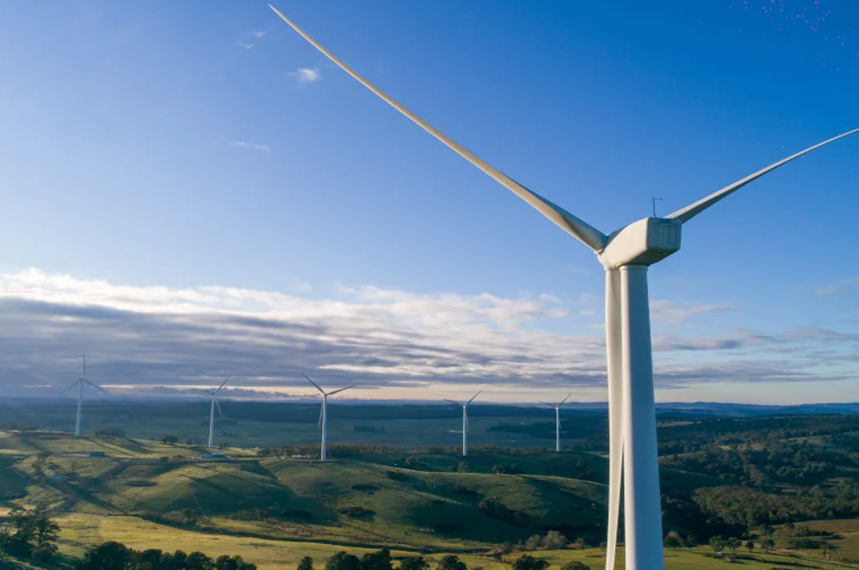
The Newcastle advantage: next-gen coating technology
Allthreads and Precision Oxycut have also invested heavily in overcoming technical barriers associated with renewable infrastructure. High-strength bolts, particularly Grade 10.9 and 12.9, can’t be hot-dip galvanized because the process risks hydrogen embrittlement — tiny fractures that can lead to catastrophic failures.
To meet the harsh environmental demands of wind farms, especially those near the coast, a new solution was needed. “We couldn’t rely on traditional coatings,” said Preston. “We invested $500,000 in R&D and developed a hot metal spray coating system.”
Initially located at Regents Park, the coating operation has since been relocated to Newcastle to expand its capabilities. The facility now offers a full suite of high-end, industrial-grade coating solutions, designed to extend the life of bolts and plates exposed to corrosive environments like groundwater with a pH as low as two.
“This kind of investment is critical,” Preston said. “You can’t cut corners when you’re dealing with infrastructure that needs to last 30 years under extreme conditions.”
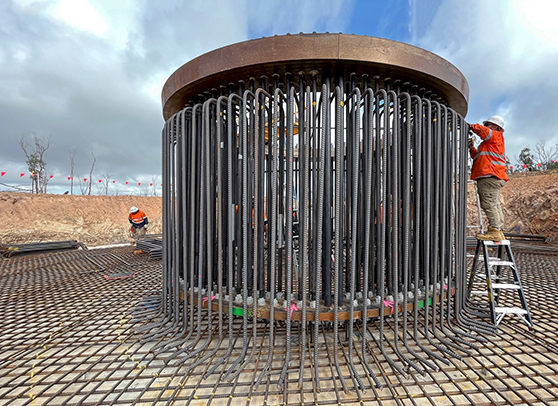
Recent projects: from mines to megawatts
Their track record speaks volumes. Over the past three years, Allthreads and Precision Oxycut have supplied anchor cages and bolts for some of Australia’s largest renewable projects, including MacIntyre Wind Farm, Coopers Gap Wind Farm and Clarke Creek Stage 1 both in Queensland, Goyder Wind Farm in South Australia, and St Ives Mine in Western Australia.
Allthreads is supplying Jundee Mine Renewable Retrofit in Western Australia. This is a hybrid energy system led by Zenith Energy and Northern Star Resources, combining 24MW of wind energy, 17MW of solar, and 12MW of battery storage, providing 56% renewable energy to the gold mine. They’re also involved in the Uungula Wind Farm in New South Wales, which is set to have 69 turbines that will generate 414MW, supplying 220,000 homes.
In addition, Allthreads and Precision Oxycut are expanding into the solar market, finalising a supply contract with a major solar tracker OEM for motor brackets and torque tube joining splices.
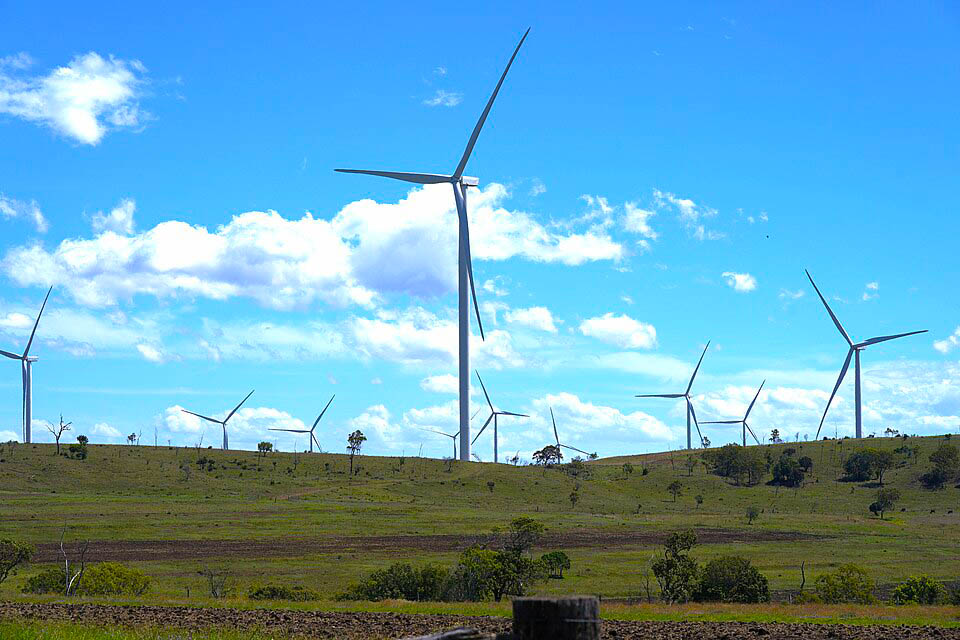
Challenges and the case for sovereign capability
Despite their success, Preston said there are significant challenges facing Australian manufacturers. “The biggest issue isn’t capability. It’s convincing the market that we can do it here,” he says. “We need government mandates for local content. Not guidelines, but hard, enforceable mandates.”
Preston pointed to existing policies like New South Wales’ 10% local content requirement for wind farms. However, without proper auditing and penalties, these targets are often bypassed.
“The reality is, unless there are real consequences, developers will keep sourcing from overseas where the costs are subsidised by foreign governments. We’re not talking about marginal savings — we’re talking about cutting corners at the expense of Australian jobs and industries.”
According to Preston, fully embracing local manufacturing could be transformative.
“If everything needed for the energy transition — all the steel, all the fabrication — was done here, the increase in electricity bills would be around 75 cents a year. But the benefit would be $2.9 billion worth of GDP growth.”
In his view, grants and incentives help, but what’s really needed is a guaranteed pipeline of work. “Give us the opportunity, and Australian manufacturers will compete on quality, on innovation, and on reliability.”
“We’re ready,” Preston said. “We have the capability. We have the people. All we need now is the commitment from government and industry to back Australian-made.”


